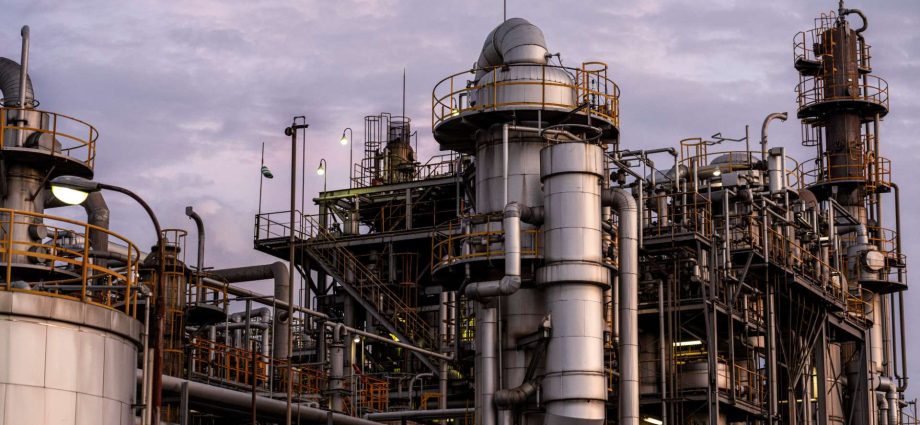The Dangote Petroleum Refinery has redefined West and Central Africa’s energy landscape, ending decades of reliance on imported fuels and positioning Nigeria as a net exporter of refined petroleum products.
With a capacity of 650,000 barrels per day, it is the largest refinery in Africa and has swiftly altered regional trade flows. Since starting operations, it has produced significant volumes of diesel, gasoil, jet fuel, and petrol—satisfying domestic demand while expanding exports across Africa and into global markets.
Gary Clark of S&P Global Commodity Insights noted that the refinery now supplies diesel and aviation fuel across West and Central Africa. “Before Dangote, the region relied heavily on imports from Europe. Today, diesel and jet fuel from Nigeria are meeting that demand,” he said during a recent industry webinar.
Between June and July 2025 alone, the refinery exported nearly one million tonnes of Premium Motor Spirit (PMS), marking Nigeria’s transition from the continent’s largest fuel importer to a net exporter. Imports have dropped from 500,000 barrels per day in 2023 to just 88,000 barrels per day in Q1 2025. CITAC projects Nigeria’s fuel imports will fall to 6.4 million tonnes this year—less than half of South Africa’s expected 15.5 million tonnes.
Currently running at about 550,000 barrels per day, the facility now supplies around 60% of Nigeria’s petrol needs and is expected to save up to $10 billion in foreign exchange in 2025. Aviation fuel imports have also been slashed from 13,000 barrels per day to 5,000, ending Nigeria’s dependency on foreign jet fuel.
Exports continue to expand, with supplies reaching Senegal, Togo, Benin, and Gabon, while also penetrating global markets. In early 2025, the United States imported 1.7 million barrels of jet fuel from Dangote in a single month, while Saudi Aramco purchased three cargoes totaling 130 million liters—highlighting Africa’s rising influence in global fuel trade.
The refinery’s ramp-up not only strengthens Nigeria’s energy security but also reshapes international fuel dynamics, positioning West Africa as a competitive force in the petroleum supply chain.















